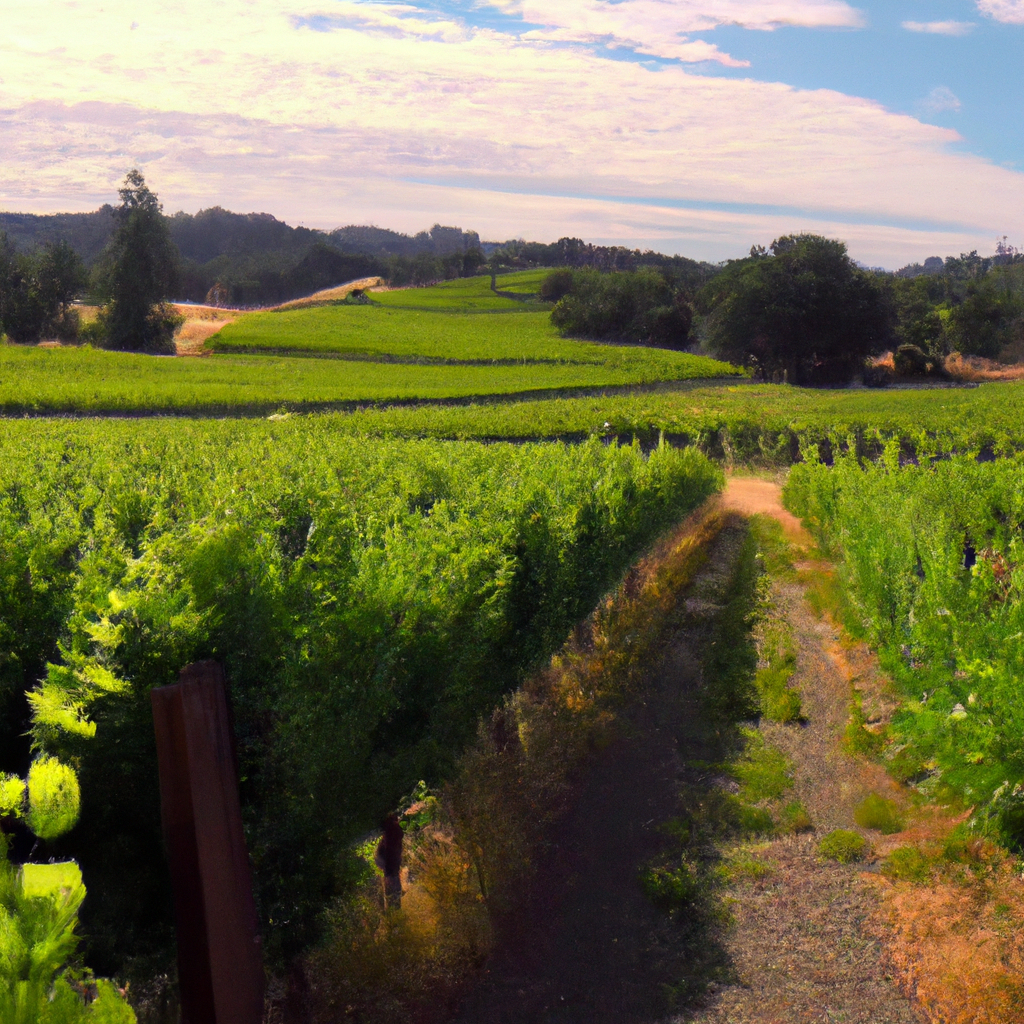Misused Wine Terms That Make My Palate Cringe

-
Article Summary
- Misused Wine Terms That Make My Palate Cringe
- Key Takeaways
- Introduction: The Language of Wine
- The Misuse of “Dry”
- The Misinterpretation of “Full-Bodied”
- The Confusion Around “Complex”
- The Misuse of “Smooth”
- FAQ Section
- What does “terroir” mean?
- What does “oaky” mean?
- What does “minerality” mean?
- What does “fruit-forward” mean?
- What does “tannic” mean?
- Conclusion: The Importance of Accurate Wine Terminology
- Revisiting the Key Takeaways
Misused Wine Terms That Make My Palate Cringe

[youtubomatic_search]
Key Takeaways
- Understanding wine terminology is crucial for appreciating the nuances of wine.
- Commonly misused terms include “dry,” “full-bodied,” “complex,” “smooth,” and “terroir.”
- Misuse of these terms can lead to confusion and miscommunication about wine characteristics.
- Education and awareness can help correct these misunderstandings and enhance the wine tasting experience.
- Wine professionals and enthusiasts alike should strive for accuracy in their use of wine terminology.
Introduction: The Language of Wine
Wine, like any other specialized field, has its own unique language. However, the misuse of certain wine terms can lead to confusion, miscommunication, and even a diminished appreciation of the wine itself. This article aims to shed light on some of the most commonly misused wine terms that make my palate cringe, and provide clarity on their correct usage.
The Misuse of “Dry”
One of the most commonly misused terms in the world of wine is “dry.” Many people use this term to describe a wine that is harsh or astringent, but in reality, “dry” simply means a wine that is not sweet. According to the International Organisation of Vine and Wine (OIV), a dry wine is one that contains less than 4 grams of residual sugar per liter.
The Misinterpretation of “Full-Bodied”
Another term that is often misunderstood is “full-bodied.” Some people use this term to describe a wine that is strong or heavy, but in fact, a full-bodied wine is one that has a rich, substantial feel in the mouth. This is usually due to a high alcohol content and a high level of tannins, which give the wine its structure and complexity.
The Confusion Around “Complex”
The term “complex” is also frequently misused. Some people use it to describe a wine that is difficult to understand or appreciate, but a complex wine is simply one that has multiple layers of flavors and aromas. According to Master Sommelier Laura Maniec, a complex wine is like a good book that keeps you engaged from start to finish.
The Misuse of “Smooth”
The term “smooth” is another one that is often misused. Some people use it to describe a wine that is easy to drink, but a smooth wine is actually one that is well-balanced, with no harsh tannins or acidity. According to Wine Spectator, a smooth wine is one that glides effortlessly across the palate.
FAQ Section
What does “terroir” mean?
“Terroir” is a French term that refers to the natural environment in which a wine is produced, including factors such as soil, climate, and topography. It is often misused to describe the taste of the wine itself, but in fact, terroir is about the influence of the land on the taste of the wine.
What does “oaky” mean?
“Oaky” is a term used to describe the flavors and aromas that a wine acquires from being aged in oak barrels. It is often misused to describe any wine that has a strong, woody flavor, but in fact, an oaky wine is one that has been aged in oak and has taken on characteristics such as vanilla, toast, and spice.
What does “minerality” mean?
“Minerality” is a term used to describe the taste or aroma of minerals in a wine. It is often misused to describe any wine that has a crisp, clean taste, but in fact, minerality is about the presence of mineral-like flavors, such as flint, slate, or chalk.
What does “fruit-forward” mean?
“Fruit-forward” is a term used to describe a wine in which the fruit flavors are the most dominant. It is often misused to describe any wine that is sweet, but in fact, a fruit-forward wine is one that has pronounced fruit flavors, regardless of its sweetness level.
What does “tannic” mean?
“Tannic” is a term used to describe a wine that has a high level of tannins, which give the wine its structure and can create a drying sensation in the mouth. It is often misused to describe any wine that is harsh or astringent, but in fact, a tannic wine is one that has a high level of tannins, not necessarily one that is harsh or astringent.
Conclusion: The Importance of Accurate Wine Terminology
In conclusion, understanding and using wine terminology correctly is crucial for appreciating the nuances of wine. Misuse of these terms can lead to confusion and miscommunication, and can even diminish the enjoyment of the wine itself. By educating ourselves and striving for accuracy in our use of wine terminology, we can enhance our wine tasting experience and deepen our appreciation of this complex and fascinating beverage.
Revisiting the Key Takeaways
- Understanding wine terminology is crucial for appreciating the nuances of wine.
- Commonly misused terms include “dry,” “full-bodied,” “complex,” “smooth,” and “terroir.”
- Misuse of these terms can lead to confusion and miscommunication about wine characteristics.
- Education and awareness can help correct these misunderstandings and enhance the wine tasting experience.
- Wine professionals and enthusiasts alike should strive for accuracy in their use of wine terminology.
[youtubomatic_search]



